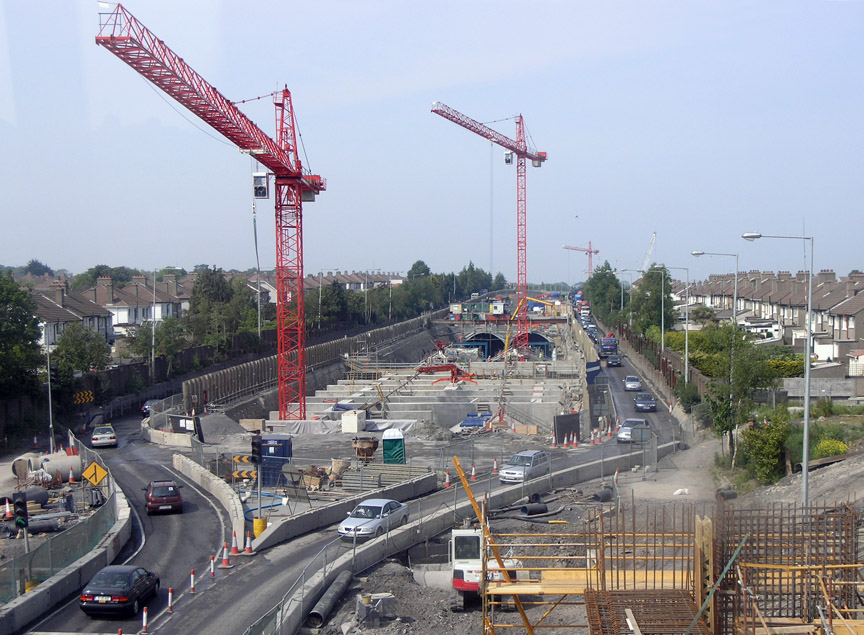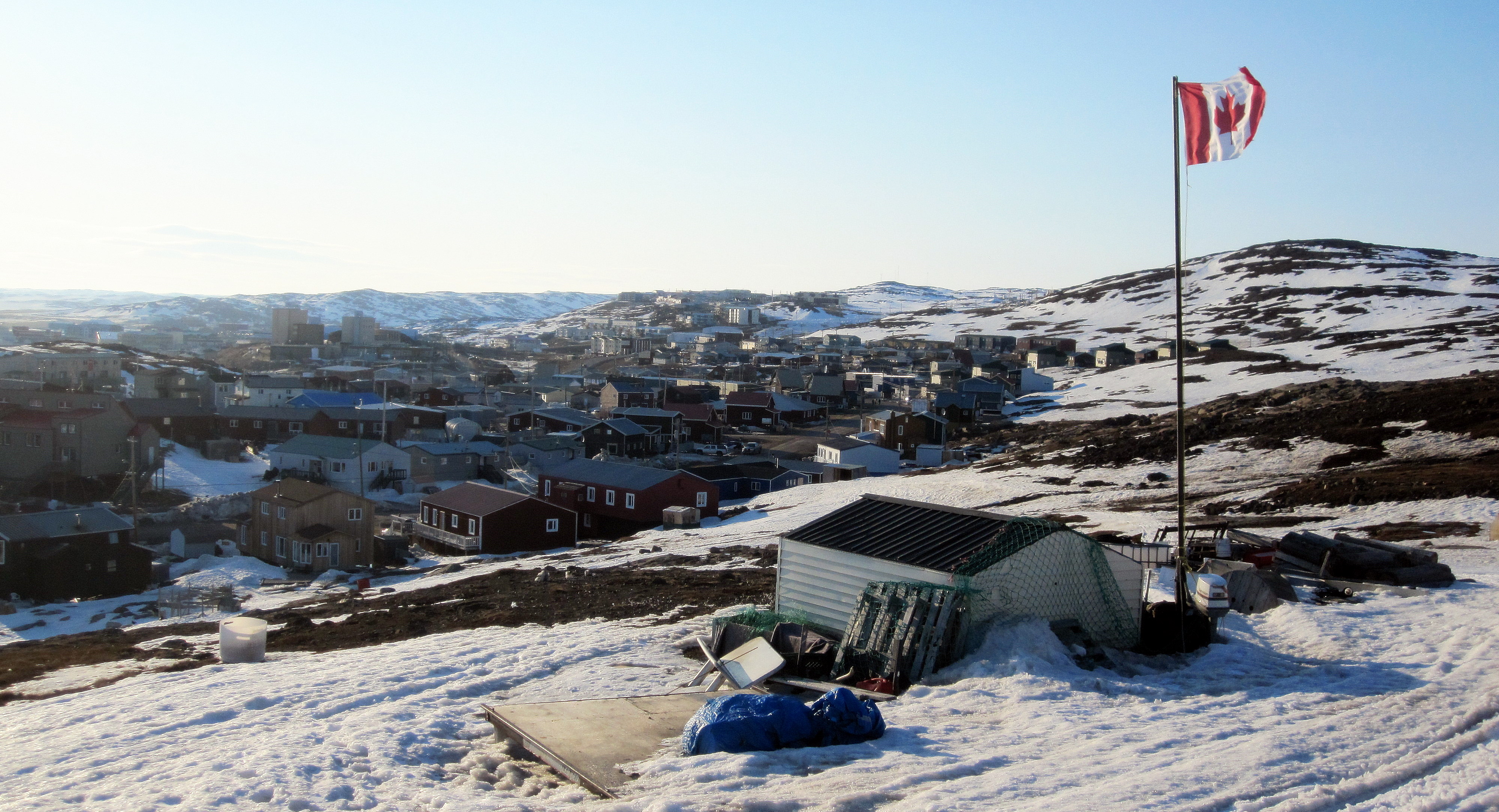Prior to the European Debt Crisis, Ireland actually ran two consecutive budget surpluses. It had one of the best qualities of life on earth, and an incredibly high life expectancy. In 2007, in line with the global recession, Ireland slipped into economic hardship.
Ireland moved from one of the great performers in the Eurozone, prior to the debt crisis, to one of the worst. Loosing €100 B, Irish banks financed a dangerous “property bubble” which burst around 2007. The island nation required a €68 B European Commission & International Monetary Fund bailout, of which €34 B was consigned to rescue Irish banks. Just like other Eurozone economies, Ireland suffered greatly from the European Debt Crisis. In 2014, its public debt was worryingly high at 109% and household debt nearly 190%.
Heavy austerity measures – slashing public spending and services, and raising personal taxes, were implemented in order to achieve a short-term stabilization of the economy. In a manner all too familiar to the United States, property developers and speculators quickly became burdened by an ‘over-supply’ of domestic and commercial property during the recession. Once unemployment began to rise, property rates fell and many financial institutions faced the dubious threat of over-exposure to bad non-performing loans. Shrewdly, and spurred by serious government pressure, Ireland’s leading financial institutions negotiated substantial re-structuring of their property loan portfolios. Specifically, many institutions re-negotiated re-payment and interest dates in order to avoid classification of ‘bad debt’.
But Ireland’s economy is rising again, much like a phoenix from the ashes, and is fostering a renewed hope that Ireland’s ‘phoenix’ recovery isn’t just a blip in the troubled Eurozone.
According to the European Commission [EC], Ireland is the fastest growing economy in the Eurozone for 2015 – posting nearly 6% GDP growth. This trend will continue as Ireland is projected to buoy its surge into 2016 with a 3.5% growth in real GDP. Likewise, the OECD suggests that broad economic growth is projected to be “robust” in both 2015 and 2016. Exports will continue to be strong thanks in part to the new, or emerging, demand from international trading partners. The depreciation of the Euro will drive down costs in the short term to continue to reinforce exports.
Thanks in part to lower-than-usual oil prices, inflation is down while disposable income is increasing, giving hope there could indeed be a slight uptick in domestic consumer spending. A January 2015 survey compiled by KBC Bank Ireland further solidifies this belief. Austin Hughes, KBC chief economist says; “ The survey shows for the first time since mid-2007 more consumers expect their household income to improve rather than worsen in the year ahead.” The OECD recommends future investment focus on closing the investment gap per capita between Ireland’s multinational corporations and small businesses. Likewise, improving the regulatory environment and strengthening competition in a lagging construction industry would also serve to boost Irish economic fortunes. Increasing competition and regulation would safeguard Ireland’s banking institutions from further exposure and shock should another property bubble develop.
Ireland should continue to make every effort to shrink the public debt load, and unemployment. Unemployment plummeted from its recession-high peak of 15.1% in February 2012 to 9.4% by September 2015. With one of the fastest growing populations in Europe, Ireland must prioritize infrastructure spending in order to meet transport and transit goals. An increase of 2% would likely increase productivity, and help attract further business investment. Boosting consumer confidence and domestic spending will, to some extent, buoy and reinforce Ireland’s aggressive forecasted growth.
In the parliamentary arena, legislative reforms are also necessary in order to reform the real estate market. Property rates, both domestic and commercial, are on the rise again, prompting some to question whether Ireland is set to return to its pre-recession property bubble. Limits, whether temporary or permanent, should be explored in order to avoid inflation of the property market and a curtailing of consumer demand.
Ireland’s economy is poised to soar back to life in the remaining months of 2015 as well through much of the new year. The country has shown excellent resilience and growth; something other beleaguered Eurozone members would do well to imitate. Ireland rightly stands alone in the Eurozone for its remarkable journey through economic recovery. Avoiding the pitfalls of recovery, or the “problems of success”, Ireland can light a new path forward into the future of economic prosperity in Europe.




